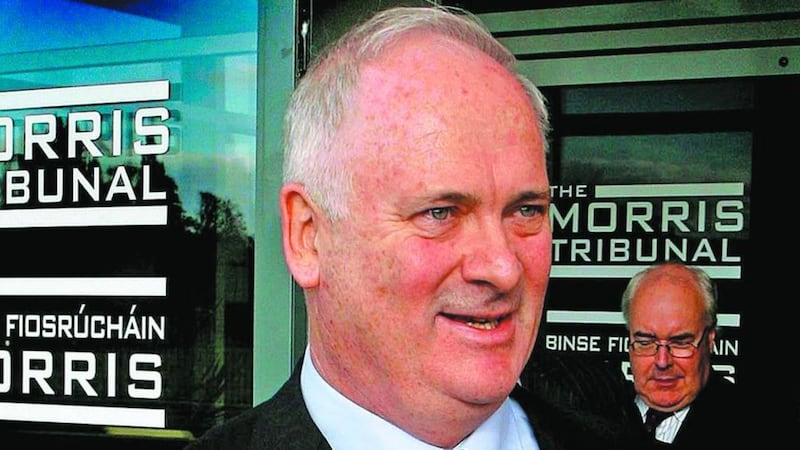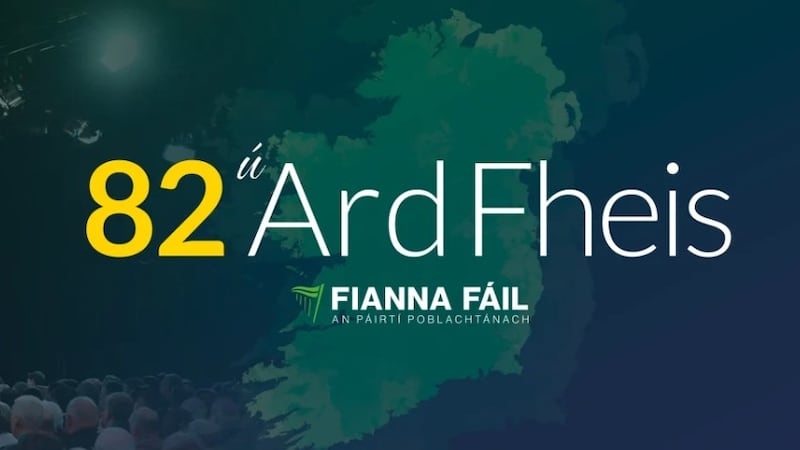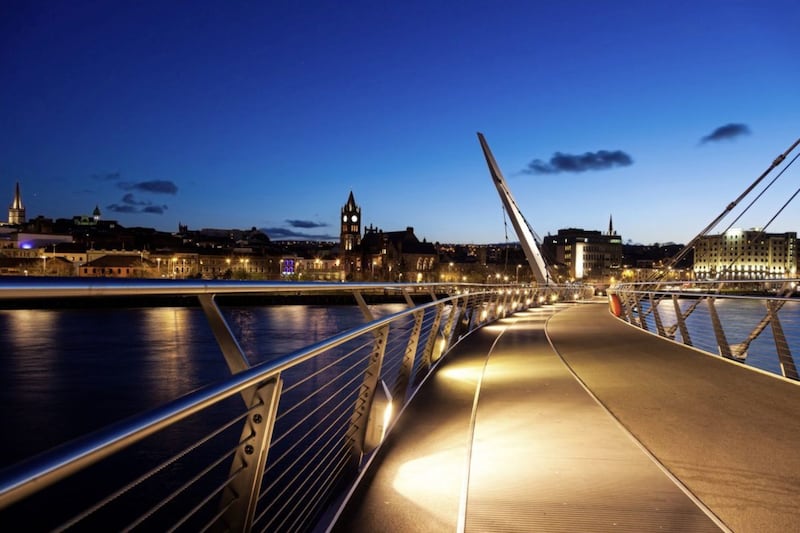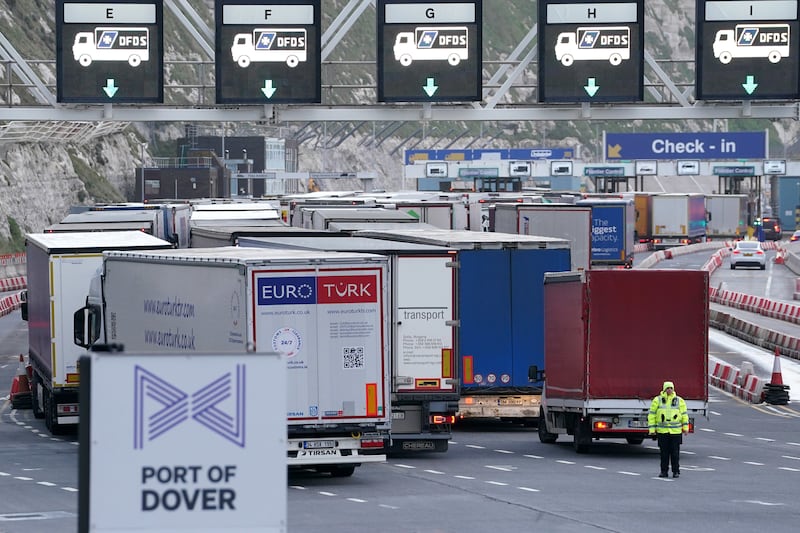FORMER taoiseach John Bruton has warned that Brexit could increase smuggling along the border in Ireland.
The ex-European Union ambassador to the US said he does not envisage passport checks on routes in and out of Northern Ireland once the UK completes the split.
But in response to a direct question at the House of Lords EU Select Committee on whether Brexit could be abused and become a smugglers' charter, Mr Bruton said: "Yes is the answer to that question too."
Mr Bruton joined former taoiseach Bertie Ahern to set out their biggest concerns for the Irish and Northern Irish economies and communities post-Brexit.
A recent suggestion that Irish ports and airports would become proxy points of entry into the UK and a type of frontier for British immigration checks was dismissed out of hand by Mr Ahern.
"I quite frankly just found that unbelievable," he said.
"To put that suggestion forward is a total lack of understanding of how people think, north and south, of either tradition. It just would not happen."
The idea was floated in recent weeks with Northern Ireland Secretary James Brokenshire saying that governments in London and Dublin would work to strengthen the Republic's external borders after Brexit.
The opinions of the former taoisigh were sought as part of the British parliamentary committee's inquiry into the impact of Brexit on UK-Irish relations, the peace process, the return of a hard border and how the common travel area between Britain and Ireland could be affected.
Mr Ahern urged the Irish government to appoint a dedicated minister to deal with Brexit.
The 310-mile border between both jurisdictions on the island of Ireland is set to become a frontier between the UK and the EU.
Prime Minister Theresa May has said there should not be a hard border after Brexit, but Dublin's Foreign Affairs Minister Charlie Flanagan has voiced scepticism over the reassurances.
It is estimated 40,000 people travel back and forth over the Irish border for work every day.
Mr Bruton and Mr Ahern raised concerns about the cost of increased trade tariffs for businesses on both sides of the Irish border with about £1.5 billion of goods going back and forth a year.
They also discussed the importance of the Good Friday Agreement which created the conditions for power sharing at Stormont.
"All of these uncertainties ... I'm not suggesting they lead to disorder or community troubles or anything like that, I just don't see that," Mr Ahern said.
"But it does lead to tensions within the Executive, the Assembly, north and south.
Mr Ahern added: "I think the Executive and the Assembly and generally the Irish Government and political system on the whole island of Ireland are just hoping. Nobody is happy. I don't know anybody really that is happy that the United Kingdom is pulling out of Europe. I can't think of one person.
"I think it's the uncertainty with the issues. I really can't see any violence or related problems."
Mr Bruton said it should not be forgotten that prison officer Adrian Ismay died after dissident republicans targeted him in a car bomb attack in Belfast in March this year.
"We shouldn't forget that that has happened, even this year. So we have to be very, very careful," he said.
Mr Bruton also said questions remained over whether disadvantaged communities in Northern Ireland could suffer from a fall in funding agreed with Europe under the peace process.
The committee was told there is confidence the common travel area between Ireland and Britain will survive Brexit.
But Mr Ahern said he had huge concerns about a border being created which would hit the free movement of people.
"I really think that us opening up a border, if we have customs and tariffs, bad enough, but if we start building it around people in any form you can see the difficulties and that would be a huge concern I'd have in what is a good peace process but how you could start undermining that," he said.
"You don't have to go too far back to know how customs posts were used in the 50s and 60s as targets."
The committee was told existing institutions such as the North South Ministerial Council, the British Irish Council or the British Irish Intergovernmental Conference should be tasked with trying to promote issues affecting Ireland and Northern Ireland during Brexit negotiations.
It also heard cross border agreements on access to health and education and agreed cross border standards on veterinary issues, animal, plant and food standards would also have to be ironed out.
The hearing went ahead as the chairman of Tesco warned food prices are "very likely" to rise as a result of Brexit,
John Allan said the plunge in the value of sterling would have a knock-on impact on customers.
Asked about whether Brexit would increase the price of food, Mr Allan told BBC Radio Four's Today programme: "I think it's probable, it obviously depends on currency, where the pound settles. If it stays where it is, it is likely."
Mr Allan insisted he wanted to protect customers as much as possible after Tesco had a high-profile dispute with a supplier who tried to use the fall in the pound to increase prices.







